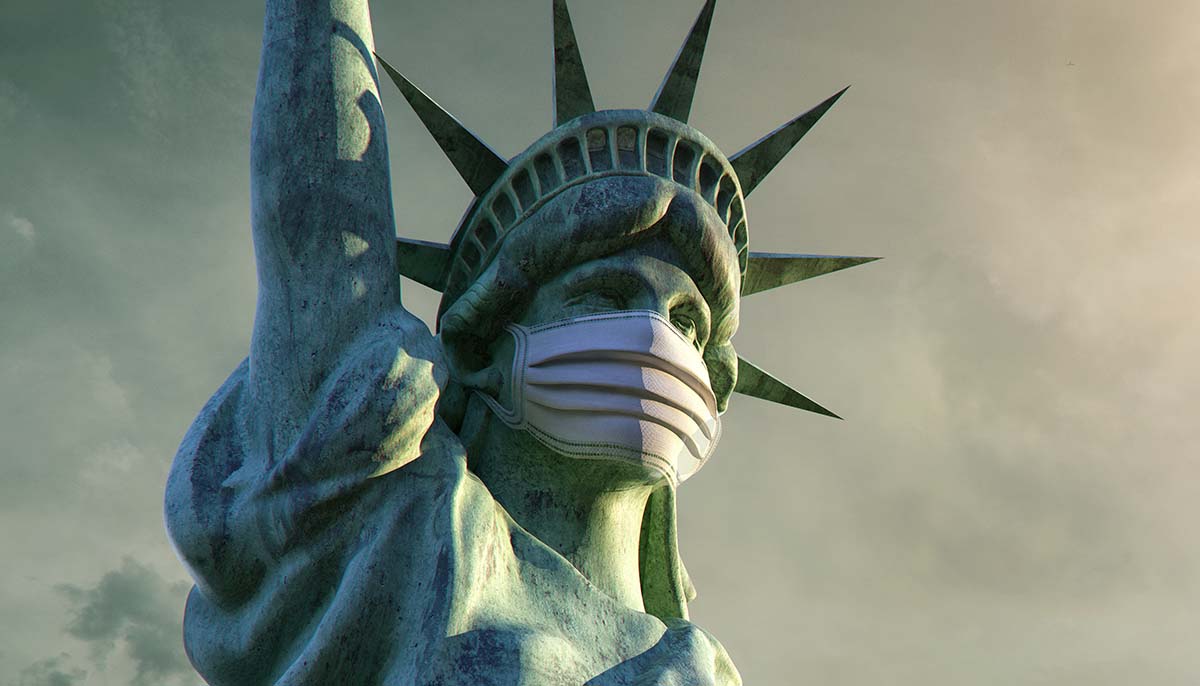Adobe Stock
On Tuesday President Trump warned that he might place a “very powerful hold” on funding to WHO, the World Health Organization.
And why? Because he believes that the United Nations specialized agency is “being very China-centric” while the coronavirus outbreak continues.

Earlier in the day, Trump tweeted complaints about WHO. He said that they’ve “been wrong about a lot of things.” He has long been critical of WHO after they opposed his travel restrictions from China and Europe.
“They’ve been wrong about a lot of things,” said Trump. He said this during the White House coronavirus task force daily press briefing. “They seem very China centric.”
He warned, “We’re going to put a hold on the money sent to the WHO.”
When the media questioned his statement about WHO, Trump backtracked. He said he was “going to look into” cutting off WHO funding, and denied what he said earlier.
WHO has praised China for its transparency about the coronavirus outbreak. Although, more people may have died from the virus than what the country’s official tally states.
There is still much that health officials are trying to learn about COVID-19, in addition to the worries they already have, such as the regular flu, stroke triggered by afib and so much more.
Related: Outdated Technology at the IRS Could Delay COVID-19 Relief Checks
The United States is one of many countries who funds WHO. It is also the largest single contributor to the organization.
The most recent invoice from WHO to the United States was nearly $116 million per year, and the US voluntarily gives between $100 million to $400 million more each year for specific projects.
In 2017, the total contributions were over $400 million. More recent figures are currently unavailable.
This means that the United States contributed more than $500 million to the organization that year, which is equal to just under one-quarter of WHO’s yearly budget.
Trump said, “WHO receives vast amounts of money from us.”
Related: America Braces for ‘Peak’ Week of Coronavirus Cases, Deaths
Trump became irate with WHO in late January. This is because they stated that “travel bans to affected areas or denial of entry to passengers coming from affected areas are usually not effective in preventing the importation” of coronavirus. They claimed instead it could “have a significant economic and social impact.”
However, the organization did note that a travel ban “may have a public health rationale at the beginning of the containment phase of an outbreak, as they may allow affected countries to implement sustained response measures, and non-affected countries to gain time to initiate and implement effective preparedness measures.”
WHO countered that those measures should be “short in duration, proportionate to the public health risks, and be reconsidered regularly as the situation evolves.”
Related: Beating the Odds: 104-Year-Old Veteran Survives Coronavirus